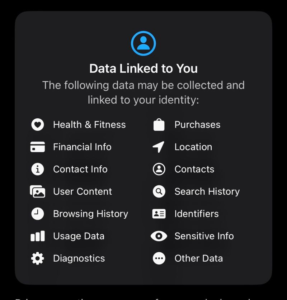Big Wins for Big Tech.

For the rest of us, not so much…
There were two big stories in tech this past week, neither of which is good news for startups. It’s also difficult to rate which of them is the lesser of two evils.
First came the announcement that OpenAI’s Sam Altman and other tech leaders join the federal AI safety board, and as Engadget put it so correctly, “It’s like turkeys being appointed to the Christmas (or Thanksgiving) oversight board. “Sam Altman, OpenAI’s CEO, Microsoft chief Satya Nadella, Alphabet CEO Sundar Pichai are joining the government’s Artificial Intelligence Safety and Security Board, according to The Wall Street Journal. They’re also joined by Nvidia’s Jensen Huang, Northrop Grumman’s Kathy Warden and Delta’s Ed Bastian, along with other leaders in the tech and AI industry. The AI board will be working with and advising the Department of Homeland Security on how it can safely deploy AI within the country’s critical infrastructure. They’re also tasked with conjuring recommendations for power grid operators, transportation service providers and manufacturing plants on how they can protect their systems against potential threats that could be brought about by advances in the technology.”








